
As more treatment options become available for metastatic HER2-positive breast cancer, some questions regarding the optimal sequencing of therapies remain.

Your AI-Trained Oncology Knowledge Connection!


As more treatment options become available for metastatic HER2-positive breast cancer, some questions regarding the optimal sequencing of therapies remain.

In this video we discuss two poster presentations on childhood development and behavior after in utero exposure to chemotherapy for maternal cancer in pregnancy.

In this video from MBCC we discuss a poster presentation on genomic and protein alterations in 126 triple-negative metaplastic breast cancers.
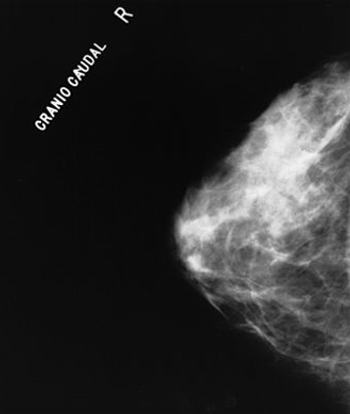
A physician’s age may have an effect on his or her opinions about the effectiveness of breast cancer screening methods, including self-exam and mammography.

Women with hormone receptor-positive breast cancer may be more scared, anxious, or concerned about treatment-related adverse events and cancer symptoms.

Women with breast cancer who received first-line eribulin were able to stay on treatment longer and had better outcomes when they received dose modifications.

According to a presentation at MBCC, modern breast cancer staging systems should include grade, estrogen receptor status, and possibly other biologic markers.
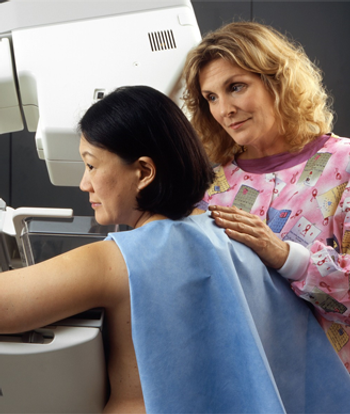
At MBCC, one presenter made the argument for screening mammography for all women starting at the age of 40, despite the controversy surrounding the topic.
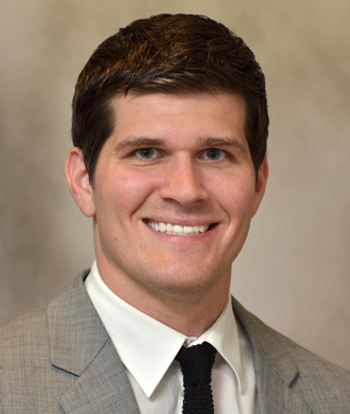
As part of our MBCC coverage, we discuss how physicians can improve the patient experience through pain control both during and after breast cancer treatment.

As part of our MBCC coverage we discuss MRI screening for breast cancer in patients who carry a BRCA mutation or have a first-degree relative who is a BRCA carrier.

At the 30th Annual Miami Breast Cancer Conference, Lisa Carey, MD, presented the major questions in managing triple-negative breast cancer. This type of breast cancer makes up approximately 15% of all breast cancer cases, is typically more aggressive, and has a higher risk of early relapse.
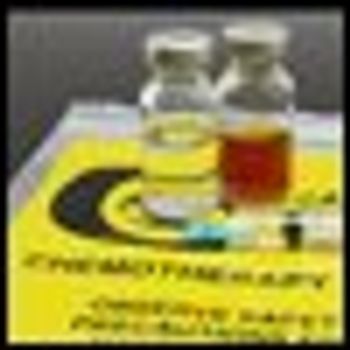
Most breast cancer patients are treated with some form of chemotherapy, and because women with breast cancer are now surviving longer, the long-term effects of chemotherapy have become a major issue.

Risk factors for breast cancer can be parsed into genetic and biological factors, and environmental and lifestyle factors; and the general consensus is that screening and prevention strategies should be tailored based on an individual’s risk assessment.
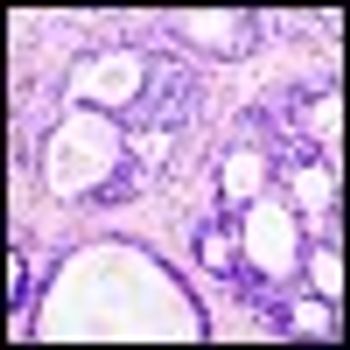
How best to manage patients who present with ductal carcinoma in situ (DCIS), a noninvasive and early form of breast cancer, remains unclear. Treatment options range from minimal, breast-conserving surgical intervention and no follow-up treatment, to surgical intervention followed by additional treatment.

As part of our coverage for the 30th Annual Miami Breast Cancer Conference, we bring you an interview with Dr. Mark Pegram, director of the breast cancer program at the Stanford Women’s Cancer Center and codirector of the molecular therapeutics program. Dr. Pegram will be discussing the potential for novel HER2 combination therapies at the conference.
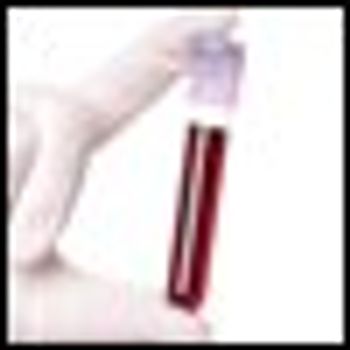
New technologies and techniques are in development to use blood samples to detect biological material in the blood that can differentiate a patient with cancer from one who does not have cancer and to aid in the treatment of breast cancer patients.
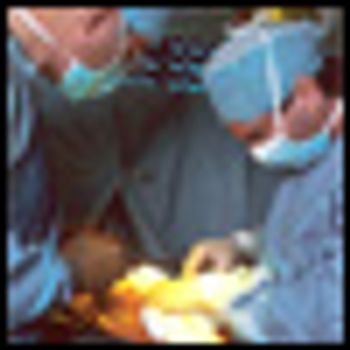
Typically women who are likely to be treated with systemic therapy before surgery have bulky disease. But should all breast cancer patients receive systemic neoadjuvant therapy?

Reasons for recurrence after treatment for early breast cancer are still not well understood. Lifestyle and other longer-term factors are likely at play, but the subject is difficult to study. The best advice for cancer patients is exercise and a healthy diet.

Endocrine-therapy resistant HER2-negative breast cancer is the most common cause of breast cancer death. The basis for this resistance is heavily studied to identify new ways to treat these patients.
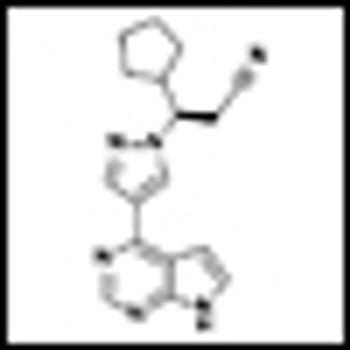
What are the latest advances in the treatment of triple-negative breast cancer? Are there new ways to molecularly characterize breast cancer tumors to identify specific mutation targets and increase the chance of response in this disease?
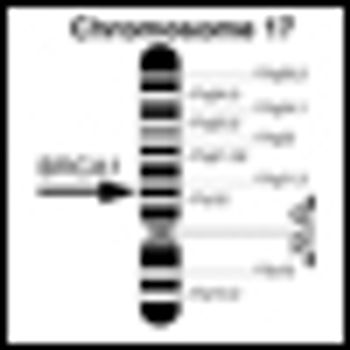
Breast cancer tumors that have a loss of function in DNA-repair genes like BRCA1 and BRCA2 may be particularly sensitive to PARP inhibitors such as olaparib.
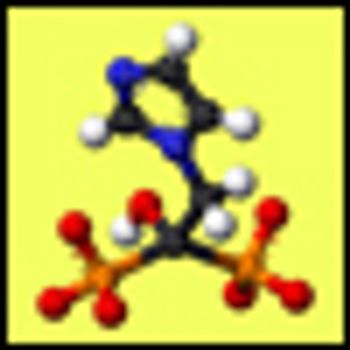
Over the past several months, the results of four randomized bisphosphonate adjuvant trials in a range of different patients have been released, two of these trials showed a survival benefit for the addition of a bisphosphonate to standard systemic therapy. ER-positive patients who are postmenopausal and have had no chemotherapy seemed to benefit the most.

Triple-negative breast cancer is aggressive, has a high rate of metastases, and carries a poor prognosis. Dr. Joyce O’Shaughnessy, who will be presenting at the Miami Breast Cancer Conference, discusses an overview of new therapies for triple-negative breast cancer.

The growing popularity of personalized cancer care has increased interest in tools that can guide physicians to the best-tailored therapies for their patients.

Dr. Muss and his colleagues investigated the use of adjuvant chemotherapy in patients with lymph node-positive breast cancer to determine if older people got the same "bang for the buck" as younger people when given more aggressive modern regimens.
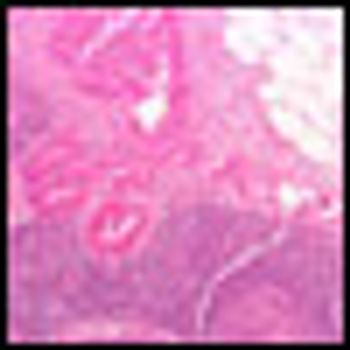
Clinicians traditionally look to lymph node status when determining breast cancer prognosis. But do the nodes really deserve such attention?

Adding a third dimension to the therapeutic field and reversing treatment planning may provide safer and more effective dose delivery, according to recent studies discussed at the Miami Breast Cancer Conference.

Rapid advances in the prevention, diagnosis and treatment of breast cancer keep clinicians on their toes. And this last year offered no reprieve, according to Debu Tripathy, MD, who highlighted several recent shifts and refinements to practice in his talk at the Miami Breast Cancer Conference.

The combination of biomarkers and molecular pathology will aid oncologists in developing targeted treatments for breast cancer, according to Samuel Aparicio, MD, PhD, who will be delivering a presentation on recognizing breast cancer heterogeneity in targeted treatment at the Miami Breast Cancer Conference this week.

The early promise of treating triple-negative and basal-cell breast cancers with poly (ADP-ribose) polymerase (PARP) inhibitors is yet to be realized, according to Lisa A. Carey, MD, who will be delivering a presentation on treatment options for these patients at the Miami Breast Cancer Conference this week.